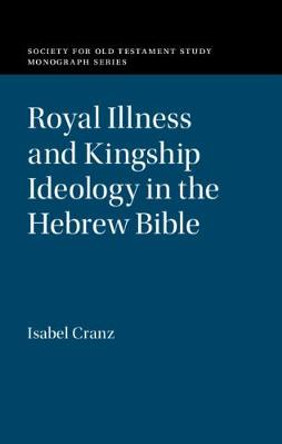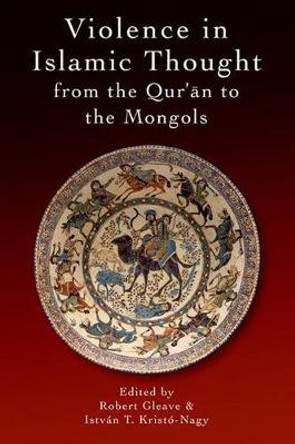What were the attitudes to diplomacy and kingship in the medieval Islamic world? Anne Broadbridge examines struggles over ideology in the Middle East and Central Asia from 1260 to 1405. She explores two very different ideological worlds: the Islamic world of the Mamluk Sultans of Egypt and Syria, and the Mongol world inhabited by the Golden Horde in Central Asia, the Ilkhanids in Iran and Anatolia, the Ilkhanids' successors, and Temur. The relationships among these rival rulers were often highly charged, and diplomatic missions were exchanged in an effort to promote each ruler's ideology. This was the first book to explore what it meant to be a monarch in the pre-modern Islamic world, and how ideas about sovereignty evolved across the period. This groundbreaking work will appeal to scholars of Middle Eastern and Central Asian history, Mongol history, and Islamic history, as well as historians of diplomacy and ideology.
What were the attitudes to diplomacy and kingship in the medieval Islamic world?Reviews'This is a very well-documented work of synthesis, offering an exhaustive view of the various embassies mentioned in the Arabic and Persian sources.' Central Eurasian Reader
Book InformationISBN 9780521174497
Author Anne F. BroadbridgeFormat Paperback
Page Count 250
Imprint Cambridge University PressPublisher Cambridge University Press
Weight(grams) 410g
Dimensions(mm) 229mm * 150mm * 15mm










